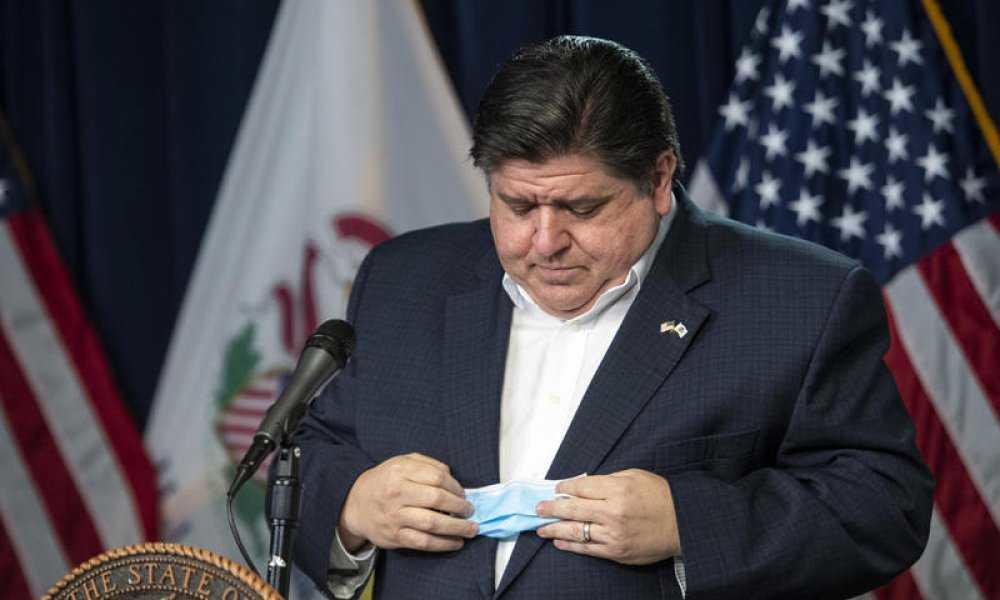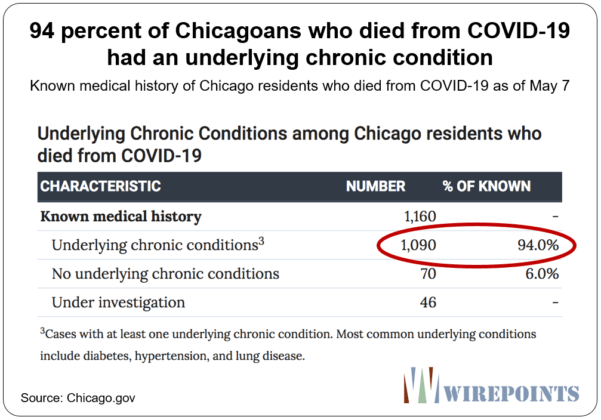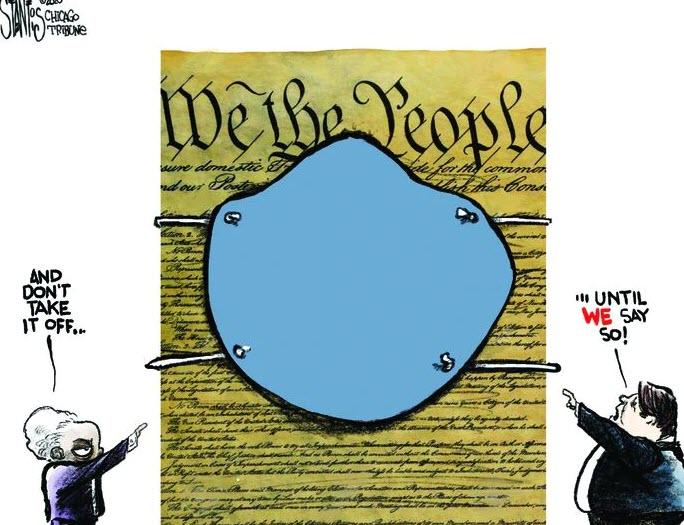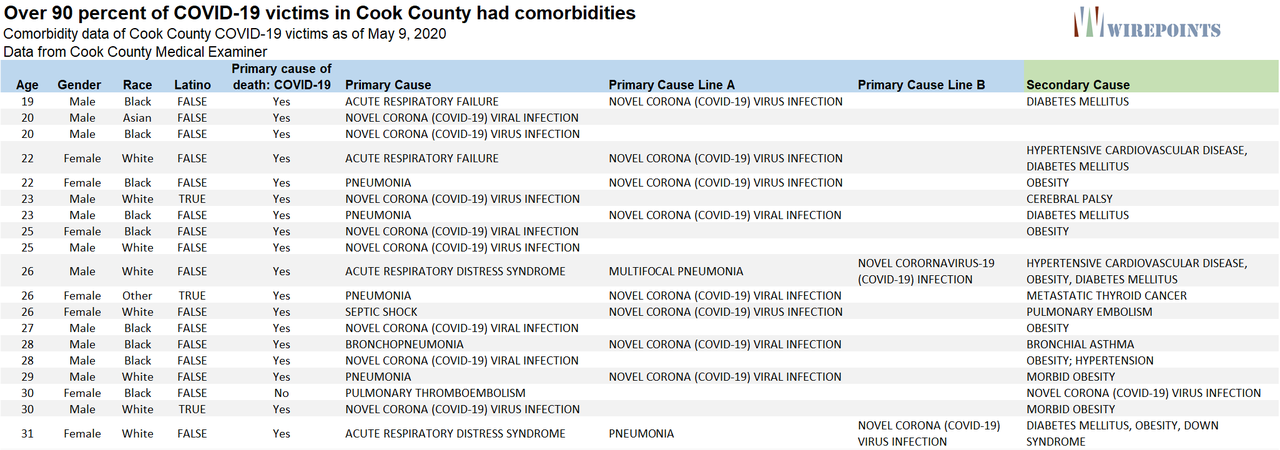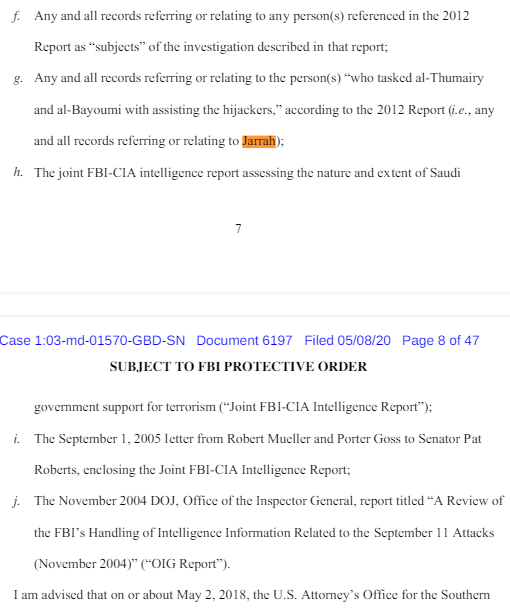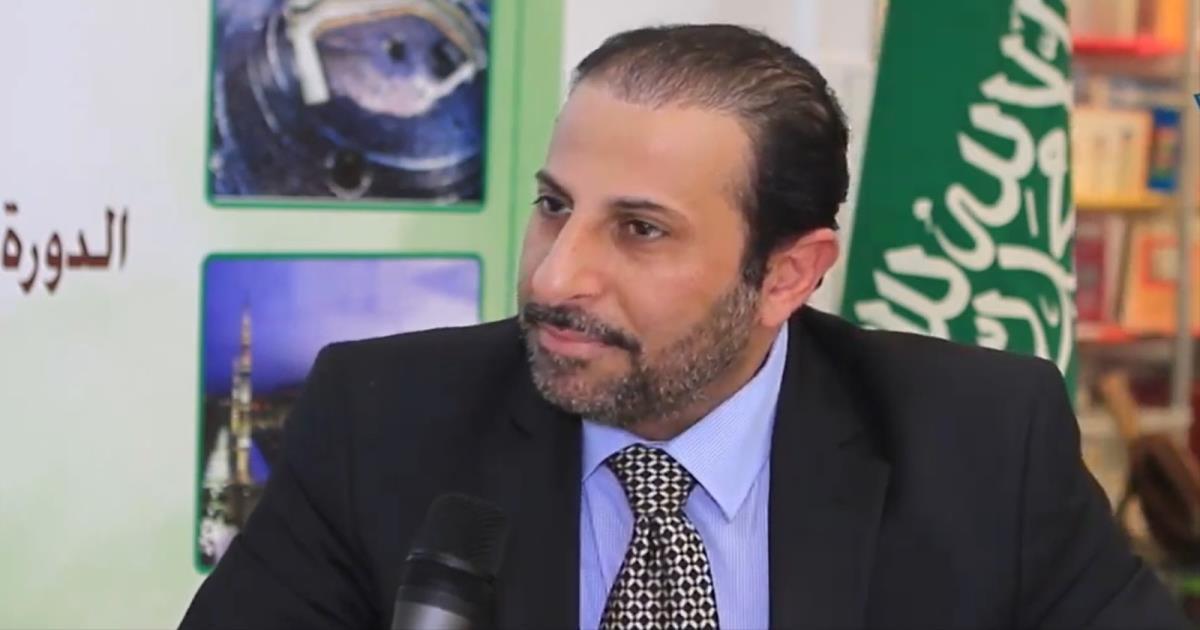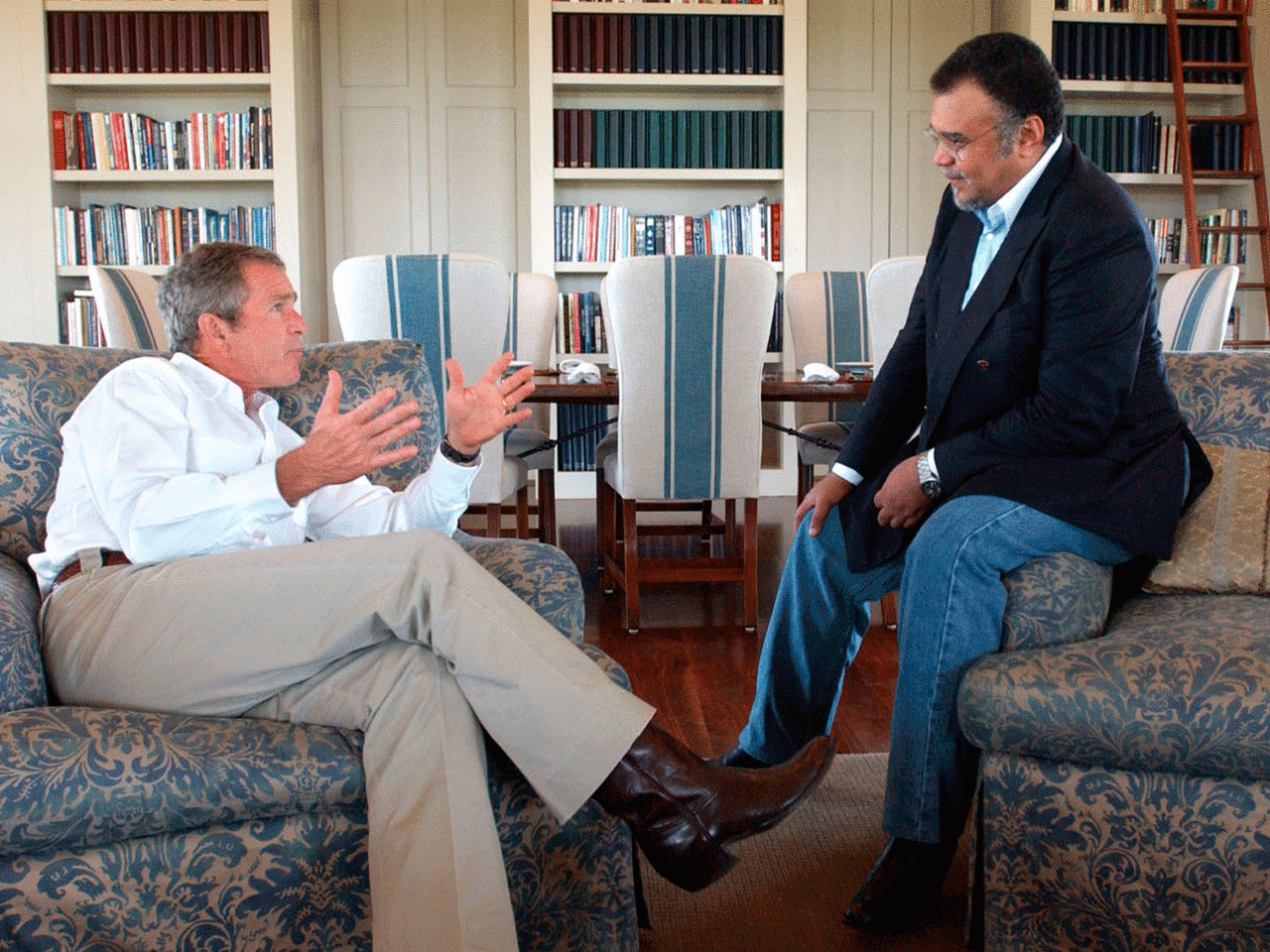Oil Price War Puts Entire Kingdom Of Saudi Arabia At Risk
Tyler Durden
Wed, 05/13/2020 – 18:45
Authored by Simon Watkins via OilPrice.com,
At no time since Ibn Saud first consolidated his Arabian conquests into the Kingdom of Saudi Arabia in 1932 has the ruling Saud dynasty faced such an existential threat to its continued rule over the country.
It is true that Saudi Arabia has been able to gain some temporary advantage in key Asian export markets, as its shipments to China more than doubled in April to 2.2 million barrels a day (bpd) and those to India, at 1.1 million bpd, were also the highest in at least three years. This, though, as much as any other factor that might endure, was a product of Saudi slashing its official selling prices (OSPs) for April crude sales to some of the lowest levels in decades, undercutting its rivals, and exactly the same happened again for May crude sales.
Even this very slight victory, though, has already been jeopardised by an indication that the scale of the trouble into which the House of Saud has placed Saudi Arabia is truly monumental. Just last week saw massive economic pressure force the Saudis into increasing the June delivery price for its Arab light crude oil to Asia by US$1.40 per barrel from May, albeit at a discount of US$5.90 to the Oman/Dubai benchmark average. Market expectations were that Saudi would continue to keep OSPs low to hold onto market gains.
Saudi Arabia did this because its finances are in an even worse state now than they were at the end of the Kingdom’s previous attempt to destroy the U.S. shale industry that ran disastrously from 2014 to 2016. Back then, Saudi had a much greater chance of success in destroying the U.S. shale industry than it did this year, for a wide variety of reasons, but even then the effort nearly destroyed the Saudi economy forever.
Back then Saudi had record-high foreign assets reserves of US$737 billion in August 2014, allowing it real room for manoeuvre in sustaining its SAR/US$-currency peg and covering the huge budget deficits that would be caused from the oil price fall caused by overproduction. Despite this relatively positive backdrop to Saudi’s 2014-2016 oil price war against U.S. shale, OPEC member states lost a collective US$450 billion in oil revenues from the lower price environment, according to the IEA.
Saudi Arabia itself moved from a budget surplus to a then-record high deficit in 2015 of US$98 billion and spent at least US$250 billion of its foreign exchange reserves over that period that even senior Saudis have said are lost forever. So bad was Saudi Arabia’s economic and political situation back in 2016 that the country’s deputy economic minister, Mohamed Al Tuwaijri, stated unequivocally (and unprecedentedly for a senior Saudi) in October 2016 that: “If we [Saudi Arabia] don’t take any reform measures, and if the global economy stays the same, then we’re doomed to bankruptcy in three to four years.” That is to say, that if Saudi kept overproducing to push oil prices down – just as it did this year, yet again – then it would be bankrupt within three to four years.
On the pure economics, some have said that around US$300 billion is sufficient to defend the SAR/US$-peg and that, within those parameters, Saudi Arabia’s current foreign exchange reserves are ample. However, this does not factor into the investment proposition equation the negative market bias that now faces Saudi Arabia, which will adversely affect its ability to raise the sort of debt and equity capital that is required to slow the drawdown rate on these reserves. Even before the reputational damage that Saudi Arabia has suffered as a result of embarking on exactly the same strategy that was so disastrous for its last time – and choosing to do it whilst facing the most dangerous global pandemic since the 1918 Spanish ‘flu – an overhang in its sovereign debt issuance was already building, stretching investor appetite for any more.
Specifically, Saudi Arabia has already tapped international bond markets twice this year and has borrowed a total of US$19 billion from local and international investors. Attracting a new pool of investors onto which to load its now toxic-looking debt will not be helped by the way in which it completely disregarded those trusting souls who bought into the Saudi Aramco IPO, despite there being every indication that the Saudis would indeed violate their minority share holder rights, as analysed in depth in my new book on the global oil market.
In terms of the actual facts that Saudi apologists overlook, in March Saudi Arabia’s central bank depleted its net foreign assets at the fastest rate since at least 2000. In that month alone, according to even the Saudis’ own figures, the Kingdom’s foreign reserves fell by just over SAR100 billion (US$27 billion). This is a full 5 per cent decrease from just the previous month, and the total reserves figure now stands at just US$464 billion, the lowest level since 2011. It leaves only US$164 billion of ‘fighting reserves’ that can be used on everything else that Saudi needs when the US$300 billion needed to keep the economic cornerstone SAR/US$-peg is subtracted. Indeed, if the 5 per cent reserves drop figure is assumed for April and May as well (and it may well have been more) then Saudi’s foreign exchange reserves now are just over US$418 billion.
This figure is set to decrease much further, as lower oil prices endure and the lower oil production targets recently agreed are adhered to by Saudi Arabia. At the same time, the Kingdom slipped into a US$9 billion+ budget deficit in the first quarter and a number of independent analysts are predicting that its overall gross domestic product could shrink by more than 3 per cent this year (the first outright contraction since 2017 and the biggest since 1999), whilst the budget deficit could widen to 15 per cent of economic output.
Over and above the sheer stupidity involved in launching a strategy of overproducing oil to push down prices that had already failed before and doing so at a time when it was obvious that the coronavirus would itself annihilate oil demand and pricing, the number one mistake that the al-Sauds made – and for which they will be held personally responsible for by their people in the coming months – is to eradicate all trust in them on the part of the U.S. Everyday Saudis do not, perhaps, care that much for the U.S. certainly, but they do care about the country’s increased political and economic insecurity that has been caused by the latest oil price war, directly and indirectly.
To the U.S. – and this has been reiterated repeatedly to OilPrice.com by various senior sources in the U.S. Presidential Administration over the past few weeks – Saudi Arabia has broken the basic deal (and therefore, trust) established in 1945 between the U.S. President Franklin D. Roosevelt and the Saudi King at the time, Abdulaziz, in the Great Bitter Lake segment of the Suez Canal that has defined the relationship between the two countries ever since. The deal was that the U.S. would receive all of the oil supplies it needed for as long as Saudi Arabia had oil in place, in return for which the U.S. would guarantee the security of the ruling House of Saud. This has subsequently altered slightly to ensure that Saudi Arabia also allows the U.S. shale industry to continue to function and to grow. If this means that Saudi Arabia loses out to U.S. shale producers by keeping oil prices up but losing out on export opportunities to U.S. firms then that is just the price that the House of Saud must pay for the continued protection of the U.S. – politically, economically, and militarily.
Now that this trust has been broken all options are on the table. U.S. President Donald Trump warned the al-Sauds specifically a while back that: “He [Saudi King Salman] would not last in power for two weeks without the backing of the U.S. military.” According to various sources – and as highlighted in advance by OilPrice.com as a serious option under consideration – on 2 April, Trump actually told Crown Prince Mohammed bin Salman over the telephone that unless OPEC started cutting oil production he would be powerless to stop lawmakers from passing legislation to withdraw U.S. troops from the Kingdom.
This, though, is not the end of matters for the U.S. Having already made it plain that any further nonsense from Saudi will not be tolerated by the U.S. from the political perspective, optimism is high amongst senior Democrats, and some Republicans, in both Houses, that Saudi can be made to pay for the economic hardship it has caused the U.S. The mechanism is the ‘No Oil Producing and Exporting Cartels Act’ (NOPEC) Bill, which makes it illegal to artificially cap oil (and gas) production or to set prices, as OPEC, OPEC+, and Saudi Arabia do. The Bill would also immediately remove the sovereign immunity that presently exists in U.S. courts for OPEC as a group and for each and every one of its individual member states. This would leave Saudi Arabia open to being sued under existing U.S. anti-trust legislation, with its total liability being its estimated US$1 trillion of investments in the U.S. alone.
via ZeroHedge News https://ift.tt/3dM0xQz Tyler Durden


